What is myotherapy?
Posted Tuesday, Sep 29, 2023 by Brunswick Chiro. Filed under General
Remedial massage, osteopathy, and chiropractic care are well-known to many, but myotherapy remains relatively unfamiliar to the majority of individuals.
However, there is a newer discipline that commenced in the 90's... myotherapy. Myotherapy originated in Melbourne and is a form of manual therapy that has evolved from massage therapy, adopting a comprehensive approach to managing a diverse range of musculoskeletal health.
Understanding Myotherapy
Myotherapy is built on the foundation of Remedial Massage Therapy and focuses on the soft tissues of the body, primarily muscles and fascia. It involves a holistic approach to pain management and recovery, aiming to identify and address the root causes of musculoskeletal issues rather than simply alleviating symptoms.
Myotherapists are highly trained and skilled in a range of techniques to assess and treat a wide variety of conditions.
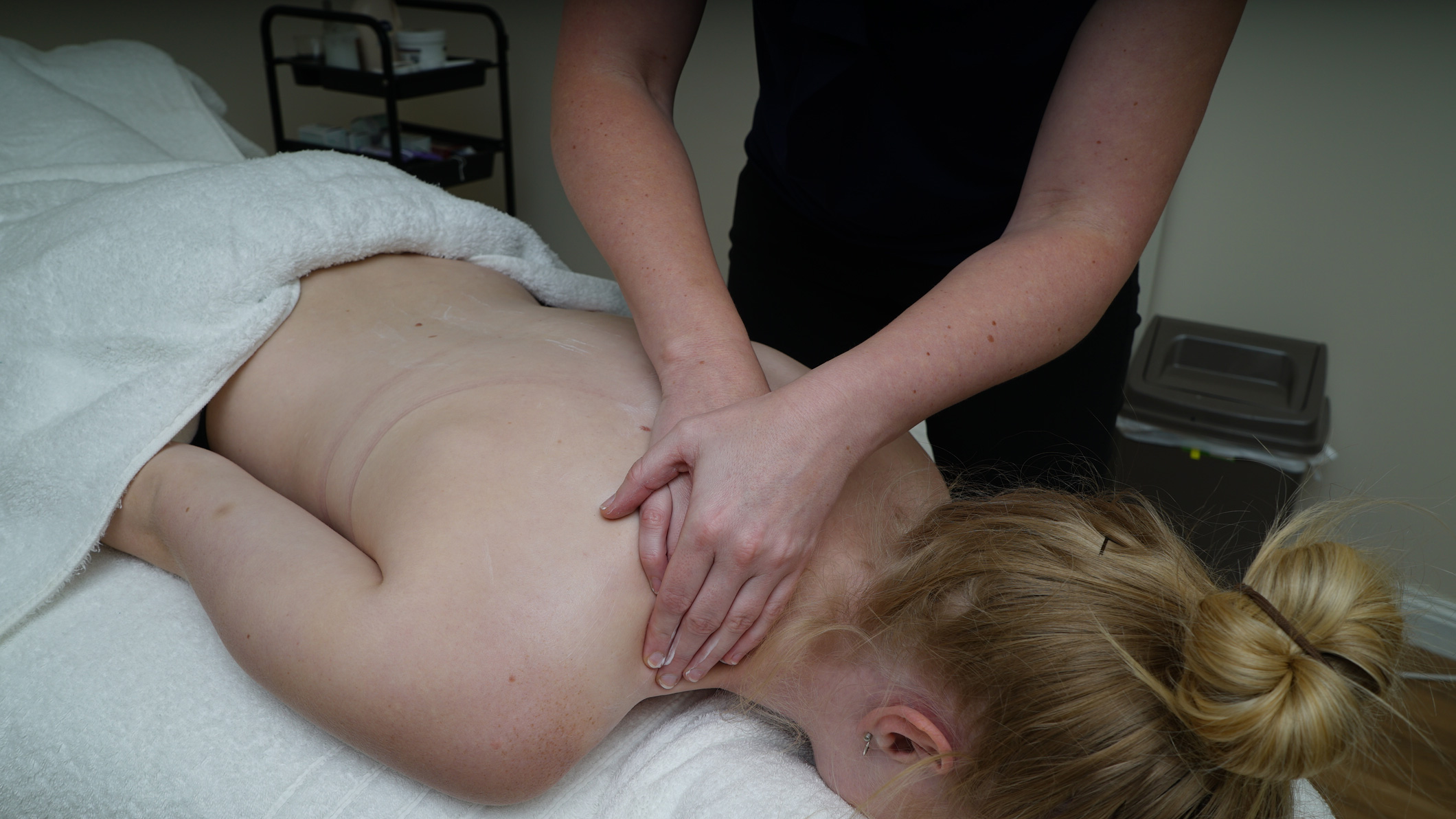
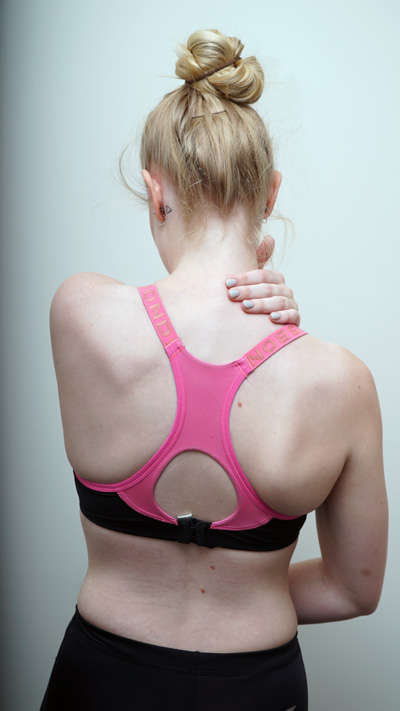
Assessment and Evaluation
The first step in a myotherapist's process is a thorough assessment of the patient's condition. This assessment often includes taking a detailed medical history, discussing the patient's symptoms, and conducting a physical examination. Myotherapists may also use various assessment tools to help pinpoint the source of the problem.
One common tool used by myotherapists is palpation, which involves feeling the muscles and surrounding tissues for areas of tension, knots, or other abnormalities. This hands-on approach allows myotherapists to identify areas of dysfunction and determine the most appropriate treatment techniques.
Treatment Techniques
Once a myotherapist has assessed the patient's condition, they will develop a personalized treatment plan tailored to the individual's needs.
Myotherapy employs a wide range of techniques to address musculoskeletal issues effectively. Some of the most common techniques include:
- Soft tissue Massage Therapy: Myotherapists often use massage techniques to release muscle tension, improve circulation, and promote relaxation. Deep tissue massage, trigger point therapy, and sports massage are commonly used modalities.
- Trigger point therapy (also known as acupressure): involves applying pressure to specific points to alleviate muscle tension and pain.
- Dry Needling: This technique involves inserting thin needles into trigger points or muscle knots to stimulate a healing response. It can help alleviate pain, improve muscle function, and release tight areas.
- Stretching and Mobilization: Myotherapists may guide patients through specific stretches and mobility exercises to improve flexibility and joint function. These exercises are often incorporated into a patient's home-care routine to promote ongoing recovery.
- Myofascial Release: Myofascial release is a technique used to release tension in the fascia, the connective tissue that surrounds muscles and organs. It involves applying sustained pressure to the fascia to improve its elasticity and function.
- Cupping: Cupping therapy involves placing suction cups on the skin to create a vacuum effect. This can help improve blood flow, reduce muscle tension, and promote healing.
- Exercise Prescription: Myotherapists often provide patients with tailored exercise programs to address specific weaknesses or imbalances contributing to their musculoskeletal issues. These exercises are designed to promote long-term recovery and prevent future injuries.
- Passive stretching (muscle energy technique): involves the practitioner passively stretching a muscle while the patient resists, helping to increase flexibility and alleviate muscle tightness.
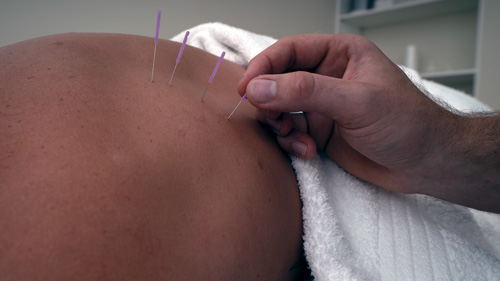
Conditions Treated by Myotherapists
Myotherapists are trained to treat a wide range of musculoskeletal conditions, including but not limited to:
- Muscle Pain: Myotherapists may effectively address muscle pain, whether it's due to overuse, injury, or chronic conditions like fibromyalgia.
- Back and Neck Pain: Myotherapy can be highly effective in relieving back and neck pain caused by muscle tension, poor posture, or spinal conditions.
- Headaches and Migraines: Tension in the neck and shoulder muscles can contribute to headaches and migraines, and myotherapy can help alleviate these symptoms.
- Sports Injuries: Myotherapists work with athletes to manage and prevent sports-related injuries, optimize performance, and aid in post-injury recovery.
- Arthritis: While myotherapy cannot cure arthritis, it can help manage symptoms and improve joint function by addressing muscle imbalances and reducing pain.
- Pregnancy-Related Pain: Myotherapy can provide relief for pregnant individuals experiencing musculoskeletal discomfort, such as lower back pain and sciatica.
- Stress and Anxiety: Massage and relaxation techniques used in myotherapy can help reduce stress and anxiety, promoting overall well-being.
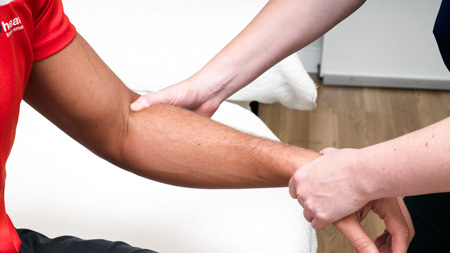
Benefits of Myotherapy
The benefits of myotherapy extend beyond pain relief and injury management. Here are some of the advantages of seeking treatment from a myotherapist:
- Non-Invasive: Myotherapy is a non-invasive approach to managing musculoskeletal issues, making it a safe choice for many individuals.
- Personalized Treatment: Myotherapists tailor their treatment plans to each patient's specific needs, ensuring that the therapy is effective and efficient.
- Holistic Approach: Myotherapy aims to address the root causes of pain and dysfunction, promoting long-term healing and preventing recurrence.
- Improved Range of Motion: Myotherapy can help individuals regain and enhance their flexibility and mobility.
- Stress Reduction: The relaxation techniques used in myotherapy may reduce stress levels and promote a sense of well-being.
- Faster Recovery: Myotherapy may be able to expedite the recovery process for many musculoskeletal conditions, allowing individuals to return to their regular activities sooner.
Discover the Power of Myotherapy
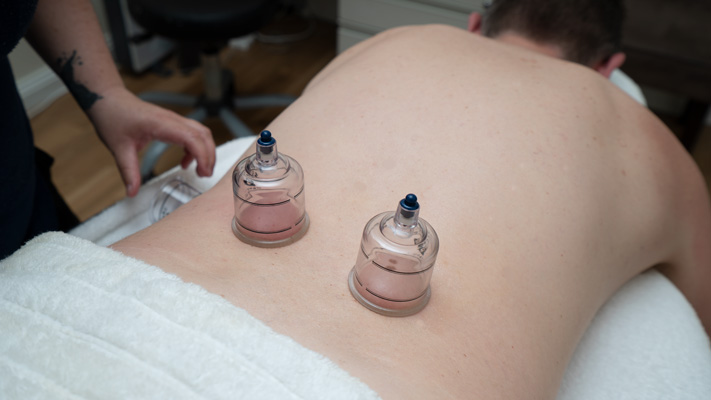
Myotherapy is a valuable branch of allied health that offers a holistic approach to managing musculoskeletal pain and promoting overall well-being.
Myotherapists employ various assessment and treatment techniques to address a wide range of conditions, from muscle pain and sports injuries to stress and anxiety.
If you're experiencing musculoskeletal discomfort or looking to optimize your physical well-being, consider consulting a myotherapist to experience the many benefits this specialized therapy has to offer.
Whether you're an athlete seeking to enhance performance or an individual looking for relief from chronic pain, myotherapy can be a valuable tool in your journey toward better health and well-being.
